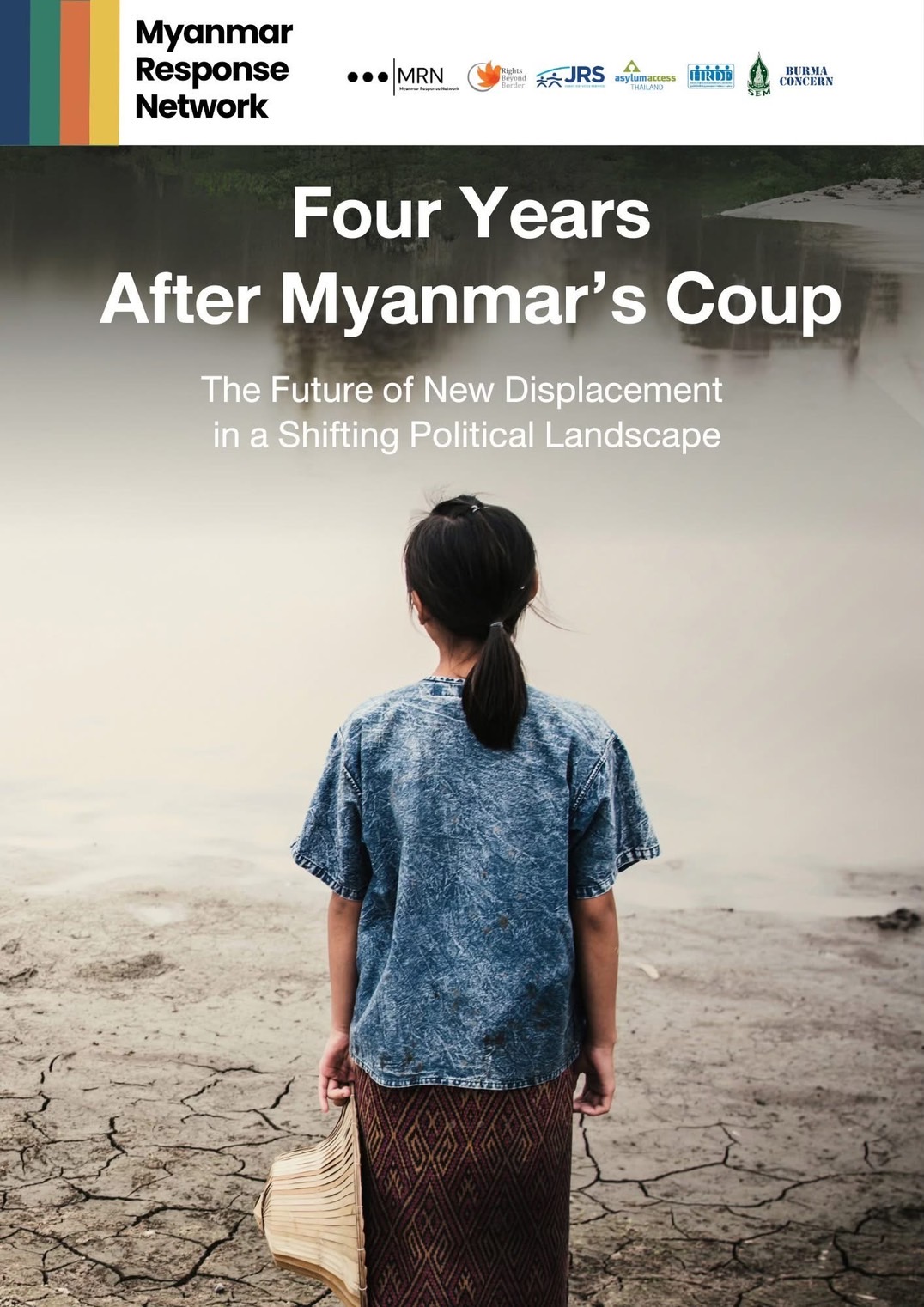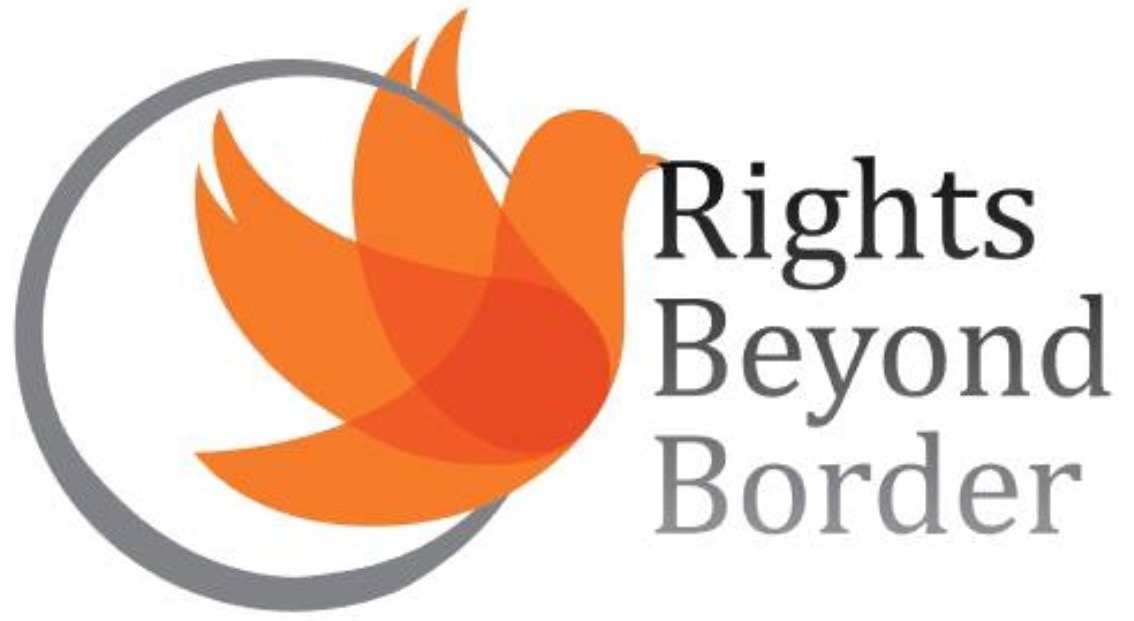
1 February 2021 – 4 years since the coup in Myanmar
Even after more than four years, the conflict in Myanmar continues to escalate. MRN invites everyone to follow the summary of key events, as well as the social and economic impacts in Myanmar, including Thailand’s response strategies.
2021: The military coup in Myanmar led to widespread public protests and sparked the Civil Disobedience Movement (CDM). By mid-year, clashes between the Myanmar government and opposition forces intensified. The Myanmar currency depreciated sharply, triggering nationwide inflation.
2022: The conflict remained intense, resulting in a high number of casualties and a continuous influx of Myanmar refugees to the Thai-Myanmar border. A key event that further eroded public acceptance of the military government was the execution of four political activists by hanging, which drew global condemnation of the Myanmar junta’s brutality.
Meanwhile, in Thailand, the Cabinet approved, in principle, the draft Prime Minister’s Office Announcement on the National Screening Mechanism (NSM)—a process aimed at granting appropriate protection and rights to foreign nationals seeking international protection in Thailand. Additionally, On February 22, 2023, the Prevention and Suppression of Torture and Enforced Disappearance Act, B.E. 2565 (2022), came into effect. This marks the first time that Thailand has enacted the principle of Non-Refoulement into domestic law.
2023: Myanmar was hit by a severe cyclone in Rakhine State, leaving more than 5,000 people displaced due to this non-war-related disaster. Later, the Myanmar military bombed an Internally Displaced Persons (IDP) Camp, resulting in 30 deaths, including 13 children.
In October 2023, Operation 1027 began in northern Shan State, leading to a major armed conflict. This allowed Rakhine State forces to seize territory, forcing over 5,000 people to flee both internally and across international borders.
2024: The Myanmar military government enforced the Conscription Law, requiring men aged 18-35 and women within the eligible age range to serve in the military. This conscription is mandatory, with no option to pay for exemption or find a substitute. Cases of “Porta Sa Wae”—forced conscription through abduction—have increased significantly in 2024, continuing into 2025(B.E.2568), with the number of forced conscriptions rising.
This information was compiled by the Myanmar Response Network (MRN) in the report “Four Years of the Myanmar Coup: The Future of Myanmar’s New Refugee Groups Amid Political Uncertainty.” MRN’s policy recommendations highlight that Thailand’s current legal and policy framework remains inadequate to accommodate and protect refugees. The Thai government should demonstrate political will to address refugee issues, with appropriate legal frameworks and policies, along with multi-sector collaboration, to ensure comprehensive protection of refugees’ rights and safety.
Read the full report “Four Years After Myanmar’s Coup: The Future of New Displacement in a Shifting Political Landscape” : https://www.canva.com/…/zYfUVeViooTor-JVCnz7sQ/view…

